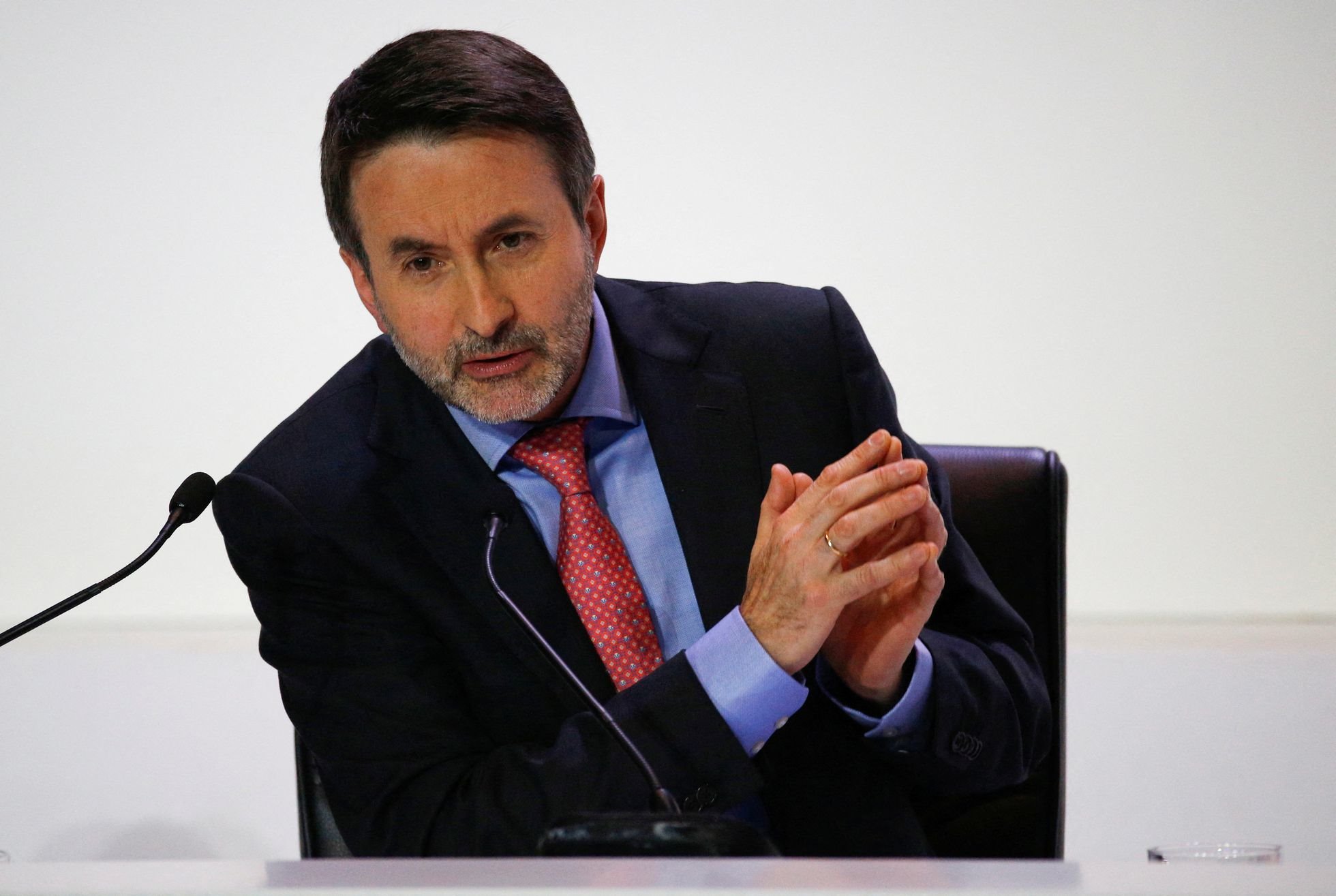
The CEO of Repsol, Josu Jon Imaz (pictured), has charged hard against the tax on energy companies recently approved by the Government. "It is the tax of the three lies," he said at a forum organized by El Economista.
In his opinion, it is so because it is a patrimonial benefit and not a tax; because it does not fall on profits, but on sales; and because it does not tax any extraordinary element.
The chief executive of the Spanish oil company has maintained that its business is cyclical in nature and that "sometimes you win and sometimes you lose."
At the forum, his counterpart at Endesa, José Bogas, has also denied the existence of extraordinary gains in electricity activity and has affirmed that "it makes no sense" that income is taxed. "It seems good to me that if there are extraordinary benefits, a contribution is made, but if there are not, which is also a tax on income, it is not the solution.
The solution is to accelerate the ecological transition, with renewables, electrifying the economy and strengthening the distribution network," added Bogas. In a similar vein, the CEO of Acciona Energía, Rafael Mateo; the CEO of Iberdrola Spain, Mario Ruiz-Tagle; the president of BP in Spain, Andrés Guevara; and the head of Engie Spain, Loreto Ordóñez.
Executives in the energy sector have also agreed that the high price of gas, especially the one marked by the Dutch TTF market, the reference in Europe, is the main problem in the current energy crisis for the sector, which also considers that action must be taken now to curb speculation.
The president of Naturgy, Francisco Reynés, the largest Spanish gas company, sees it as logical that the TTF ceases to be a reference "in many things", since it is harming the competitiveness of the industry and domestic gas prices.
According to Reynés, the Dutch market no longer responds to a balance of supply and demand, but to the physical restrictions on the discharge of liquefied natural gas (LNG) in Europe, so he defends that action be taken to end the "speculation" that is being produced by the physical congestion for LNG discharges in northern Europe.
In his opinion, the EU should look for a reference liquid market that is built with supply and demand, so he has expressed his hope that progress will be made in this direction at the extraordinary council of EU Energy Ministers on Friday.
Bogas also sees a problem with the price of gas and with the TTF price index as a reference, so the measures adopted must be aimed at limiting volatility: "It is not representative and has a lot of speculation."
For Imaz, gas has not only become more expensive because of the war in Ukraine, but also because of an energy transition that is being done badly in Europe and Spain. The CEO of Repsol recalled that in Spain the Climate Change law prohibited the exploration of gas in the country, when there is one, and there are companies that have to pay very dearly.
In Europe, he insisted, an "ideological" energy transition has been made, in which investment in certain energy sources has been rejected and energy dependence has increased. The consequence has been that consumers pay more for energy and CO₂ increases.